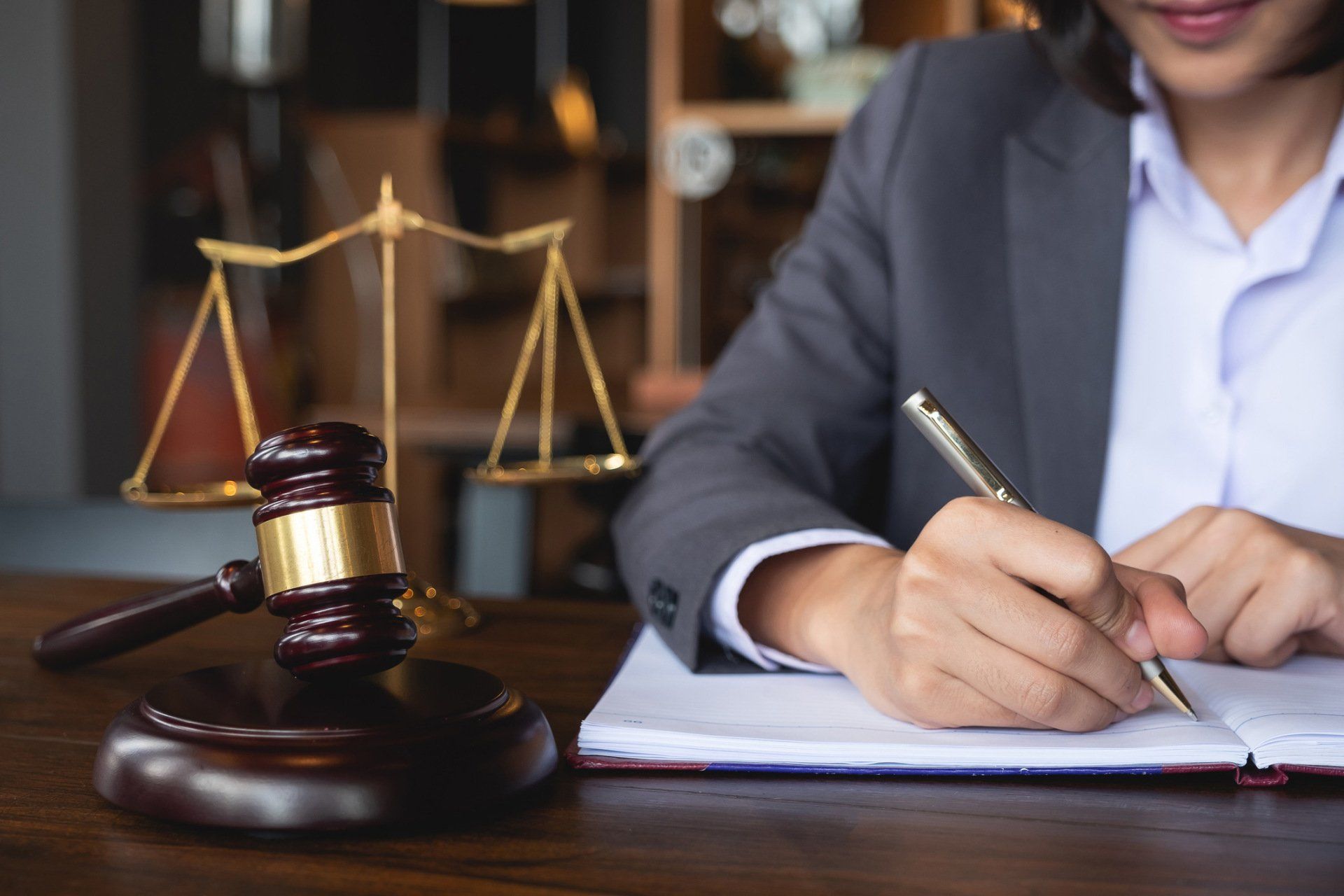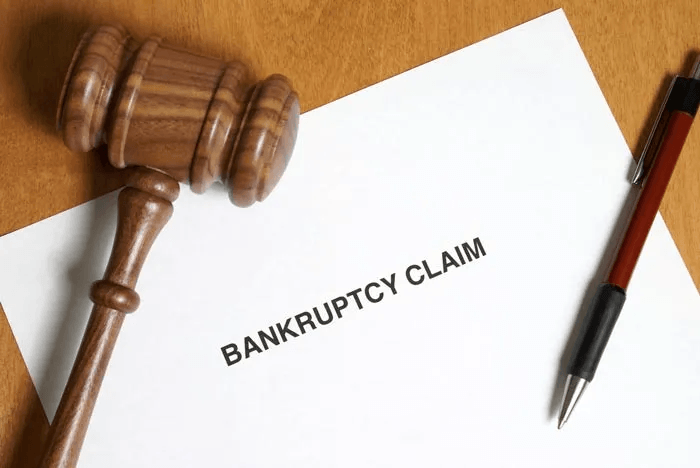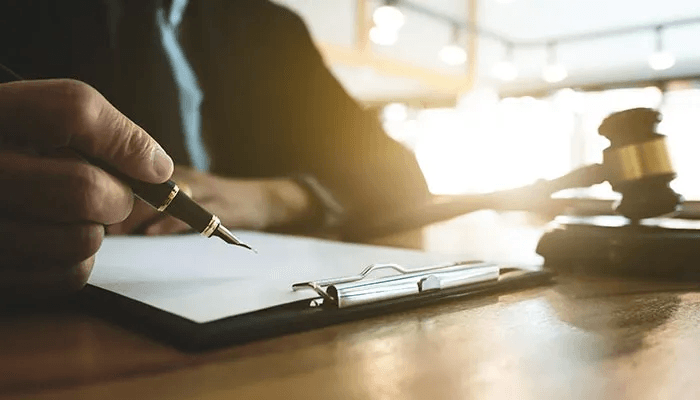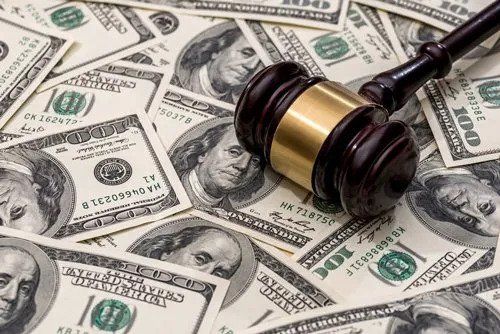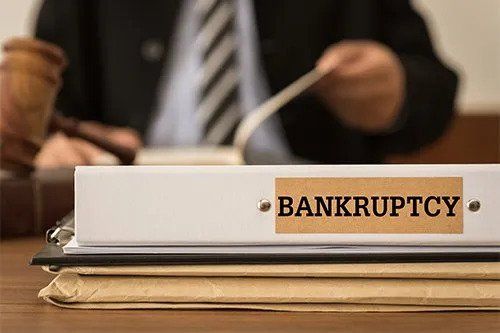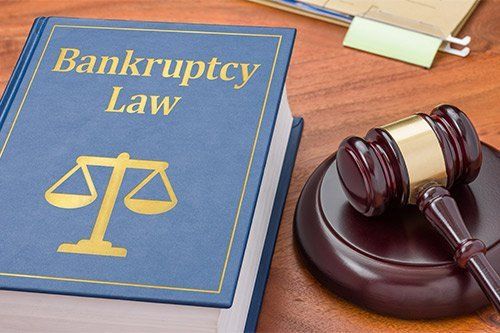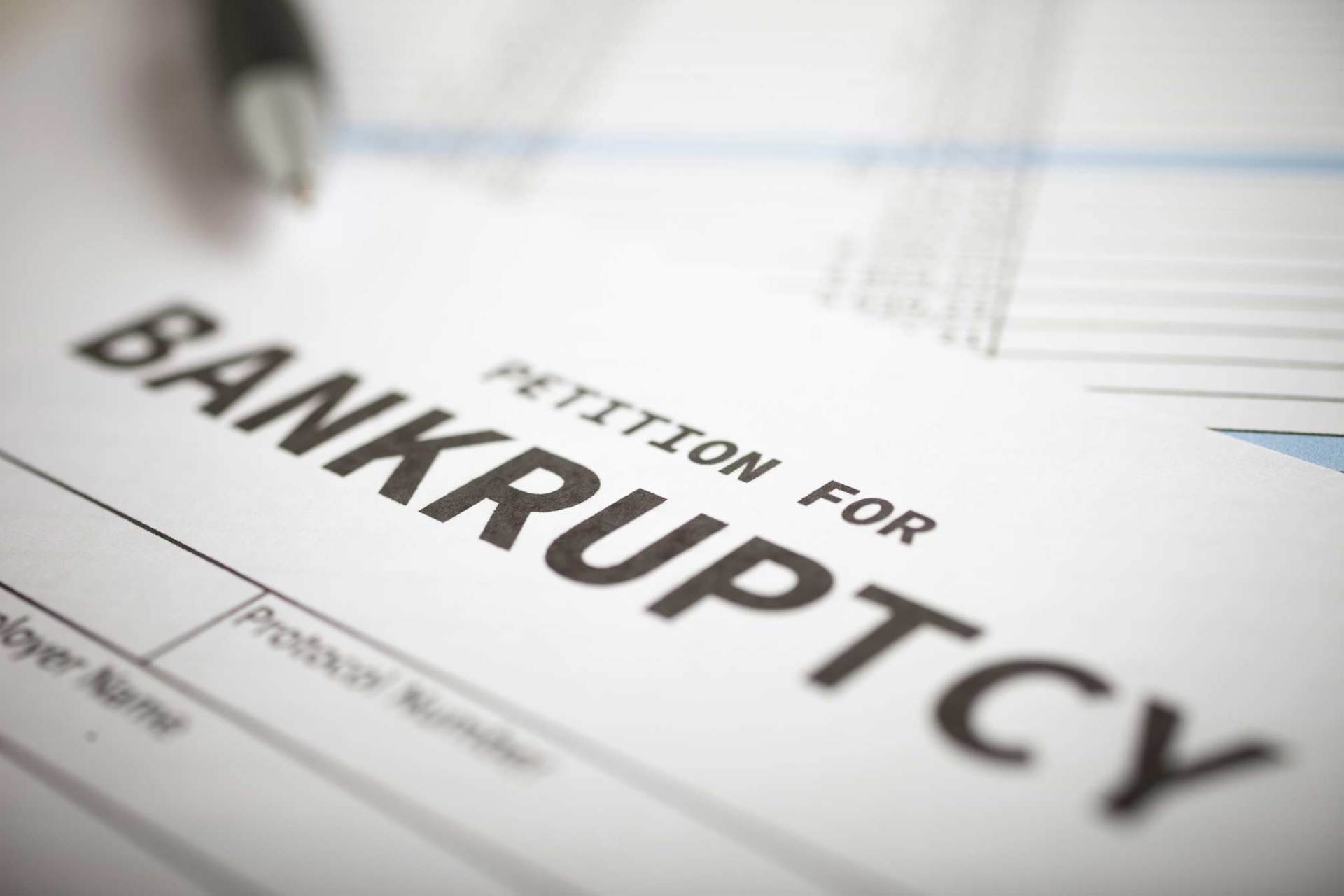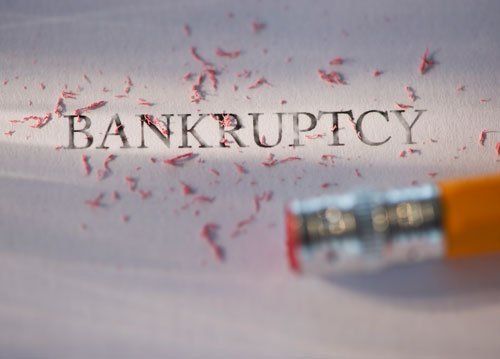4 Things to Know About the Meeting of Creditors
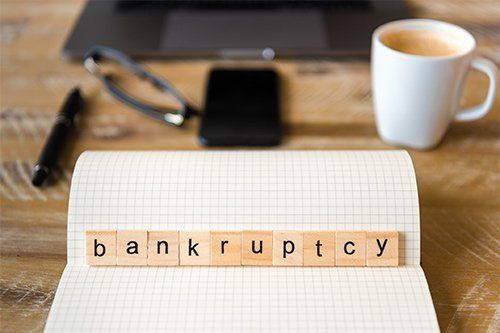
Many reasons exist for why you may have lost control over your finances. You may have accumulated more debt than you can afford to pay or you may have become ill or unable to work due to medical issues, injuries, or layoffs. No matter what the reason, filing bankruptcy may be an option to consider.
Recent studies have shown an estimated 490,365 Chapter 7 bankruptcies were filed in 2016 alone. Chapter 7 allows you to start fresh, discharging all of your debts that you are legitimately unable to pay. A meeting of creditors, known as the 341 hearing, is one of the most crucial steps in filing this type of bankruptcy.
This guide will help you understand a few imperative facts regarding the meeting of creditors.
1. Timing Matters
During the initial bankruptcy consultation, your attorney will explain the steps that take place during the filing process. As long as you follow these steps properly, the courts will schedule the meeting of creditors between 21 and 40 days after filing bankruptcy.
If the creditors feel the debts should not be discharged for one reason or another, continuing the process will not be an option.
If the meeting goes as planned and the creditors agree you are unable to pay the debts, the bankruptcy process can continue. The best outcome is where creditors agree to the discharge, allowing you to finalize your bankruptcy to start improving your financial health efficiently.
2. Attendance Is Crucial
Another important fact you need to know is your attendance at the 341 meeting is crucial. In reality, your attendance is mandatory, since failing to attend the meeting of creditors will result in the termination of your case.
Feeling nervous before the meeting is normal, reducing your desire or determination to attend. However, you may feel relieved to learn that the meeting only lasts for a short period of time. In addition, many creditors choose NOT to attend, reducing the amount of stress you may experience during the meeting.
3. Preparation Is Essential
Not only do you need to make sure your schedule is free to attend the meeting of creditors, but you need to prepare in other ways.
Before the meeting, your bankruptcy trustee will require numerous documents to support your reasons for filing bankruptcy. The documents include the following:
- Recent tax returns
- Income verification (pay stubs)
- Bank and retirement account statements
- Automobile loan statements
- Vehicle registrations
- Automobile titles
- Proof of insurance
- Mortgage statements or proof of rent payments
- Valuations of property
- Marital agreements/settlements
In addition to the above documents, you will need to confirm your identity at the start of the meeting. Make sure to bring your driver's license or another form of government ID and your social security card. You should also bring a copy of your bankruptcy petition and supporting documents to the hearing.
4. Honesty Is Important
During the meeting, the bankruptcy trustee will ask you numerous questions regarding your income, assets, and reasons for needing bankruptcy. You may feel anxiety and fear when answering these questions since you want the creditors to agree to discharge your debts. However, as long as you were honest when filing the bankruptcy paperwork, the 341 meeting of creditors should go as planned.
Remember that is you withhold information pertaining to your income or assets or you lied on your bankruptcy petition, you commit bankruptcy fraud. This fraud not only prevents you from filing bankruptcy but can also lead to criminal charges.
Many steps exist with filing bankruptcy of any kind, but professionals are here to help. If you are considering filing chapter 7, understanding the meeting of creditors is important. For more information on the 341 hearing or any issues related to bankruptcy, contact McMaster Law Firm, LLC, today.

